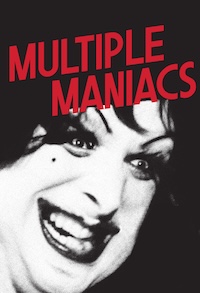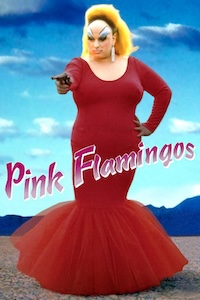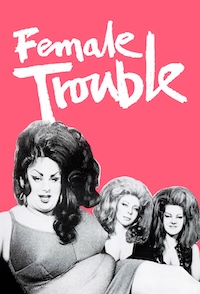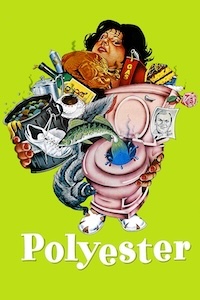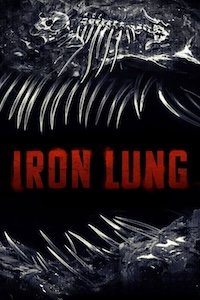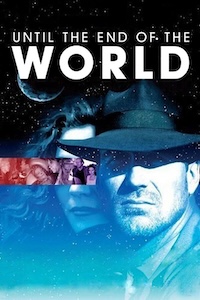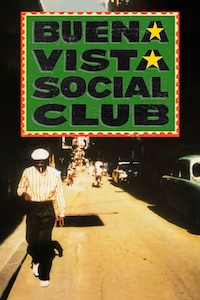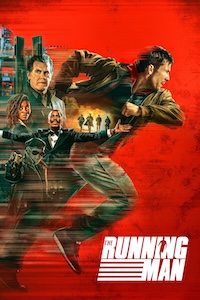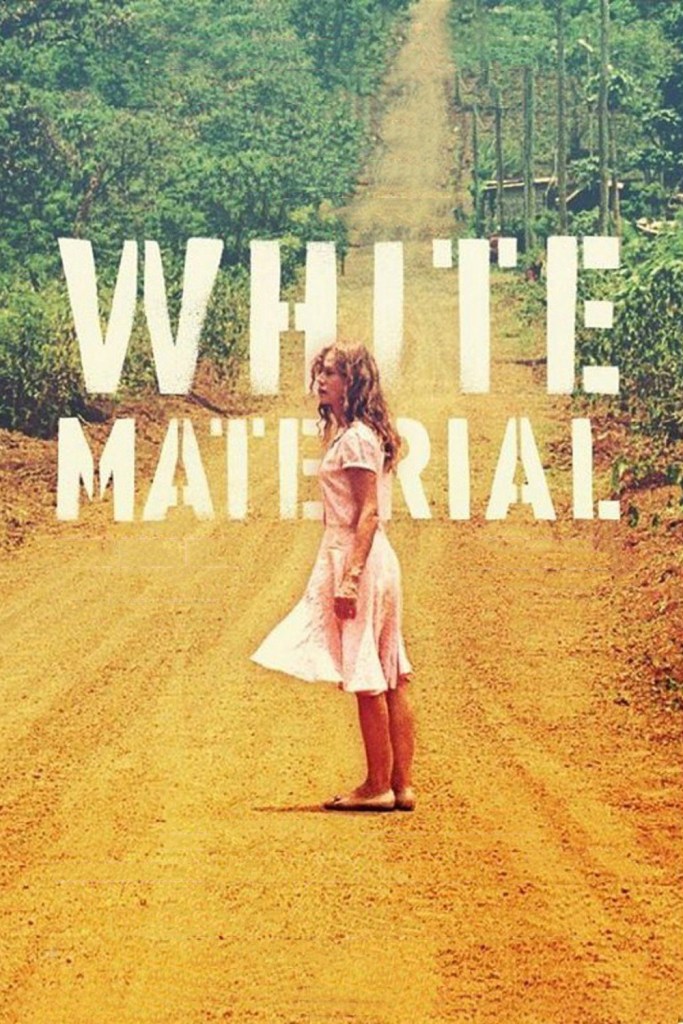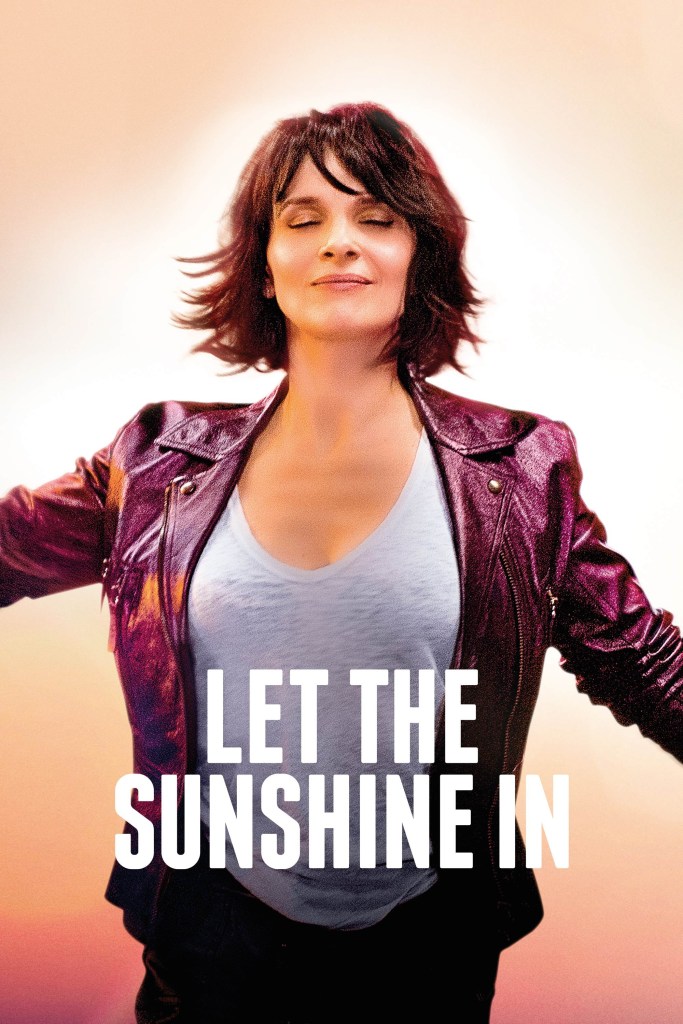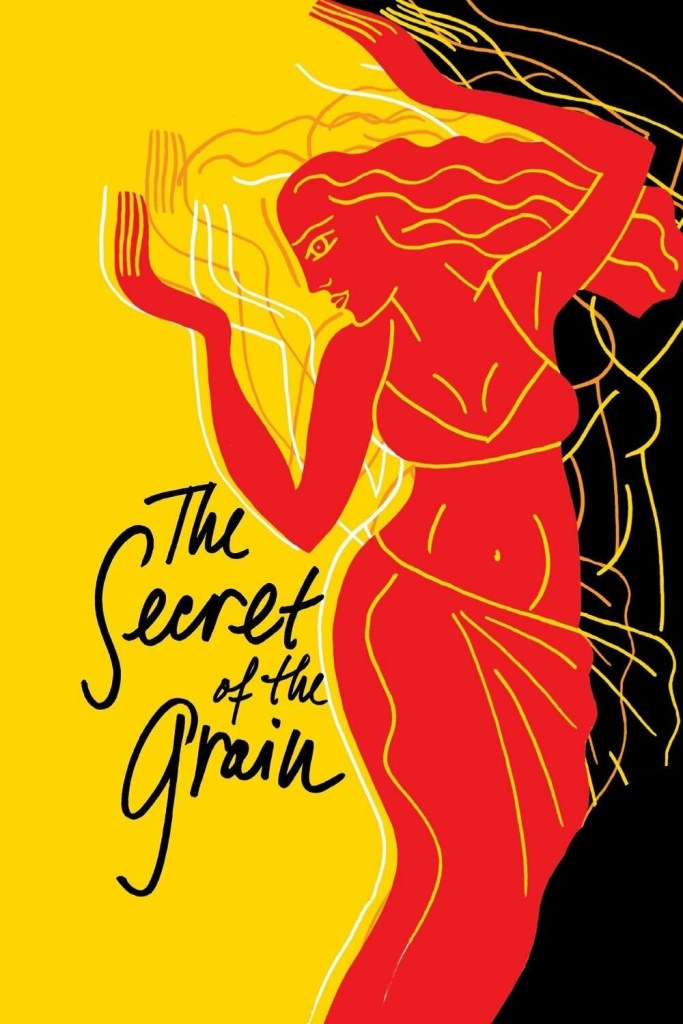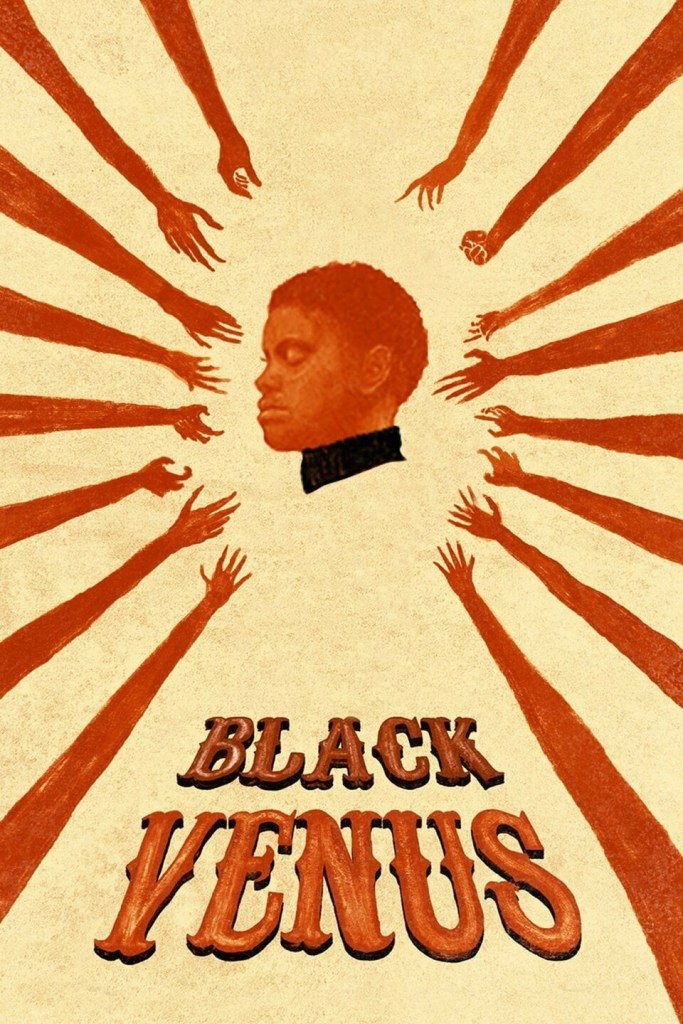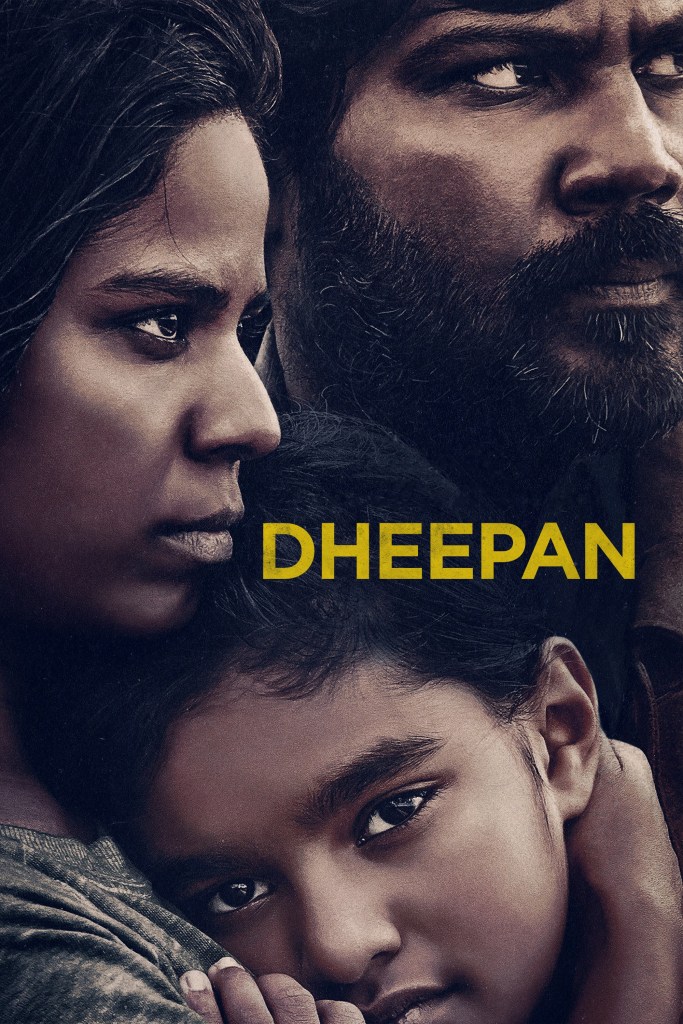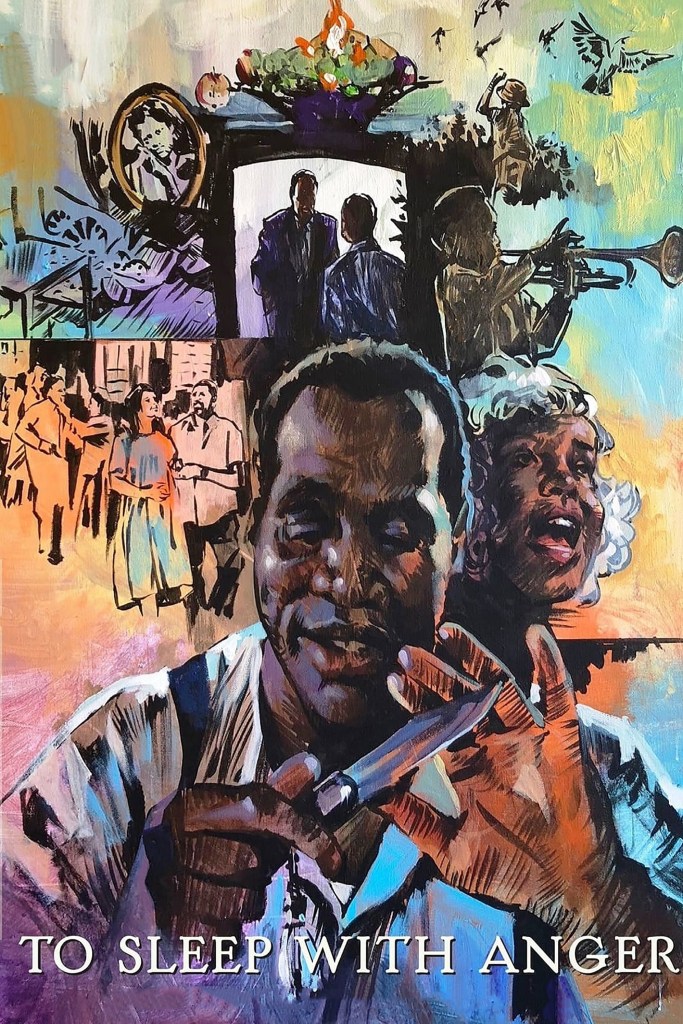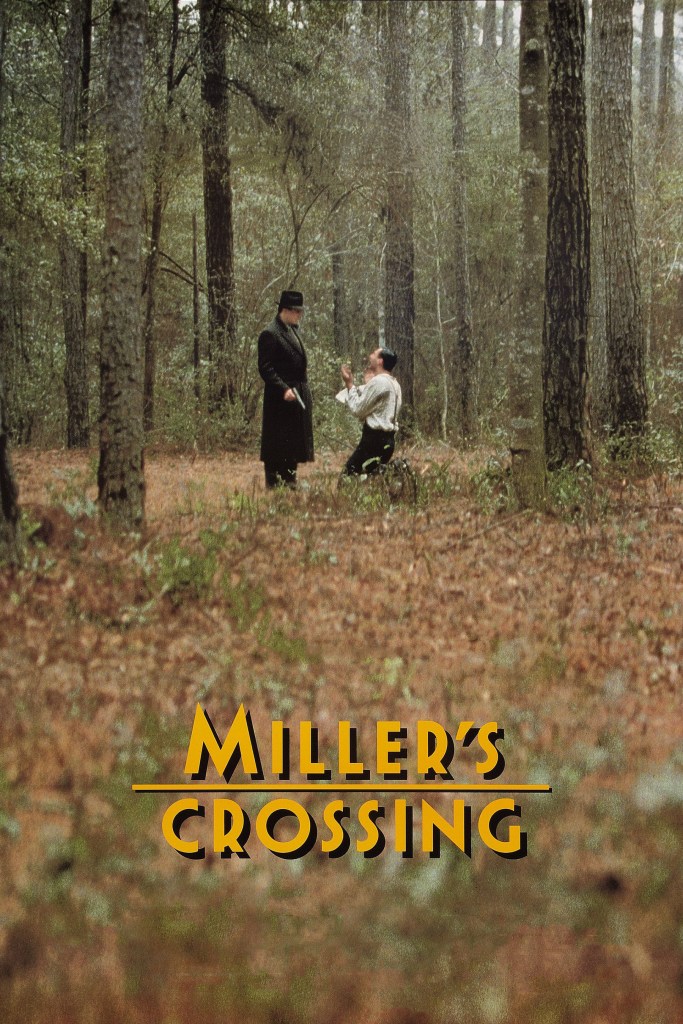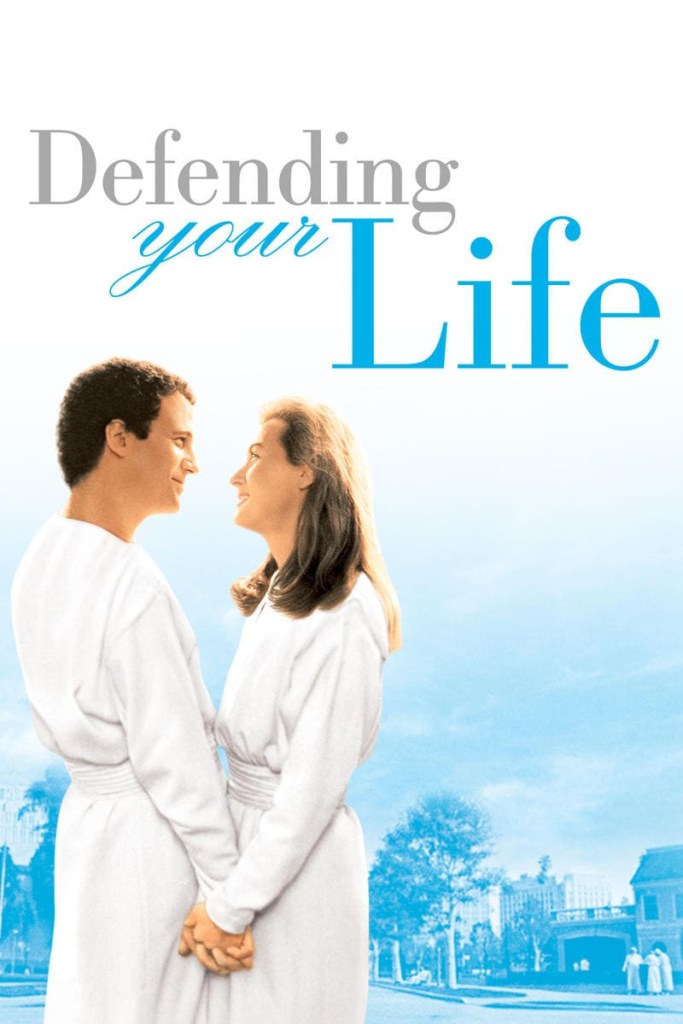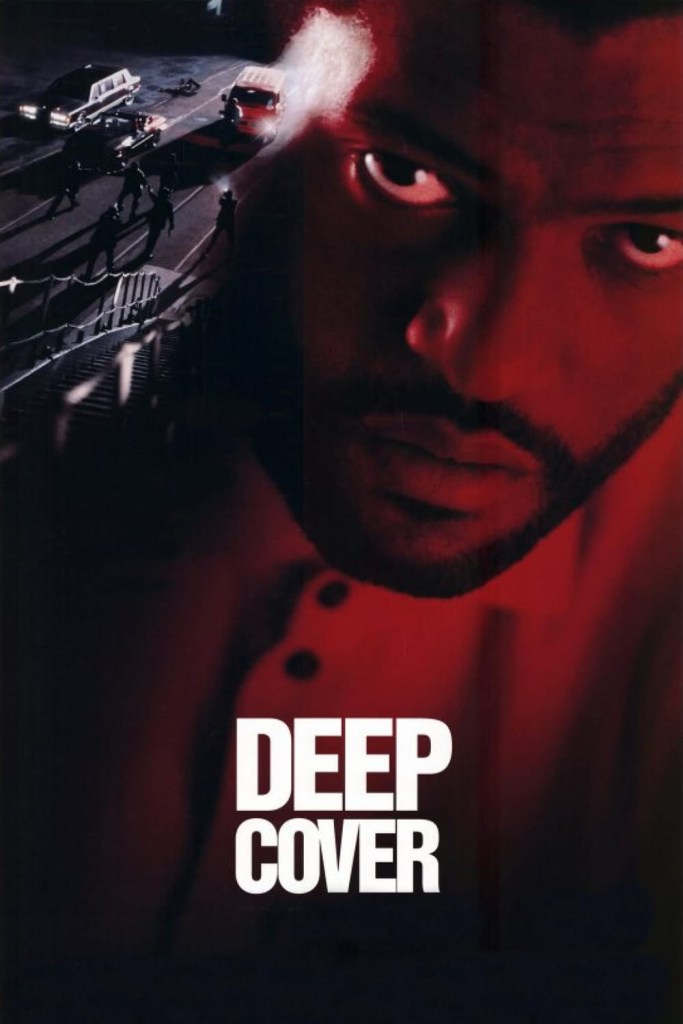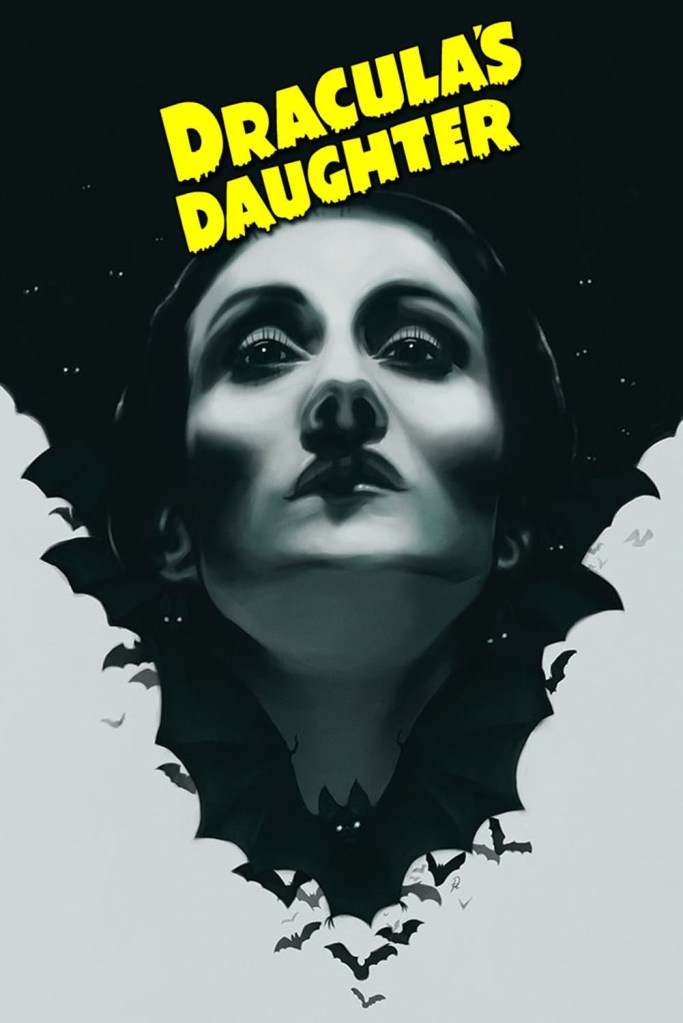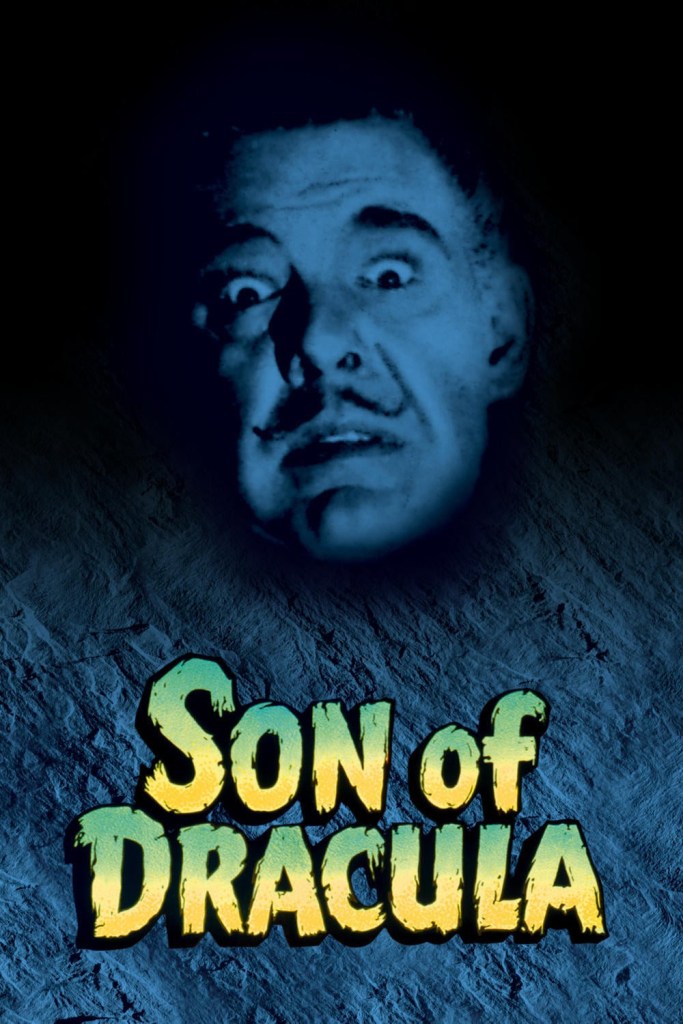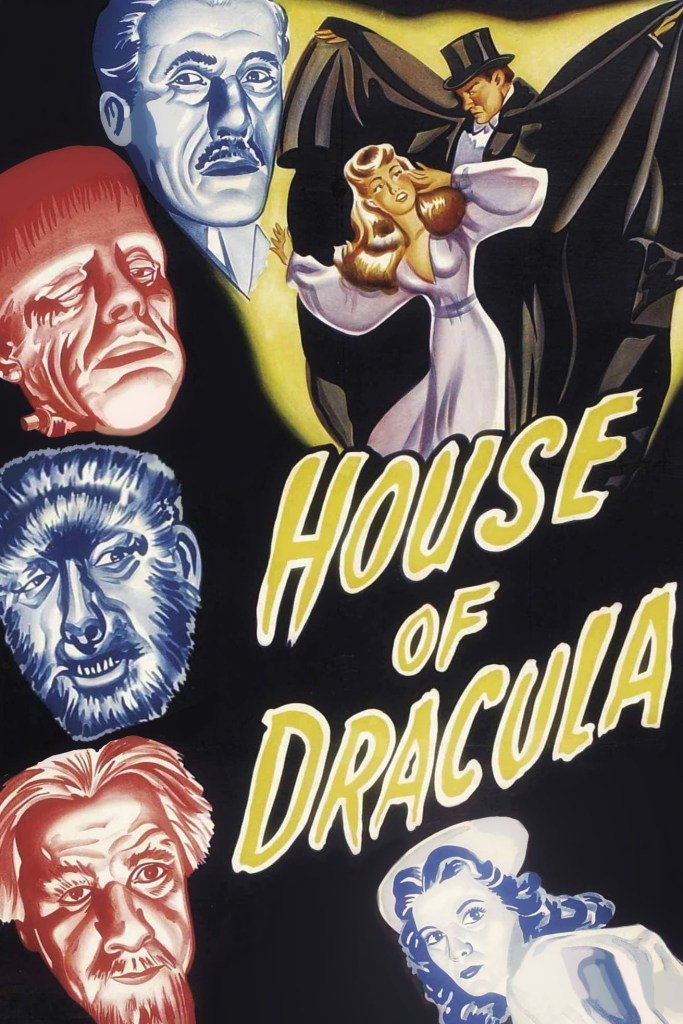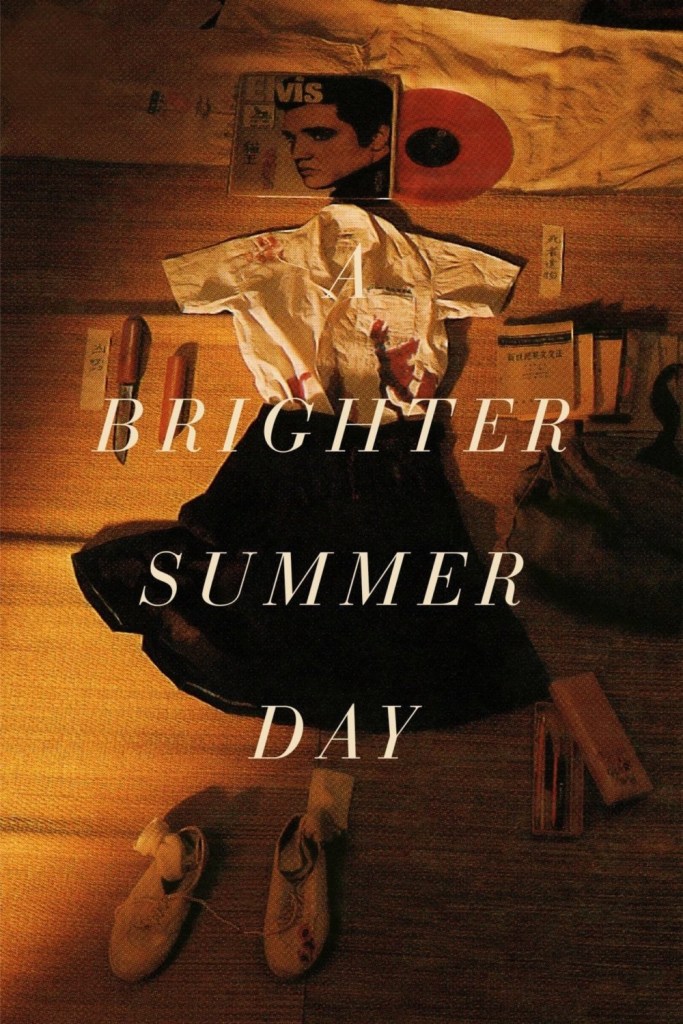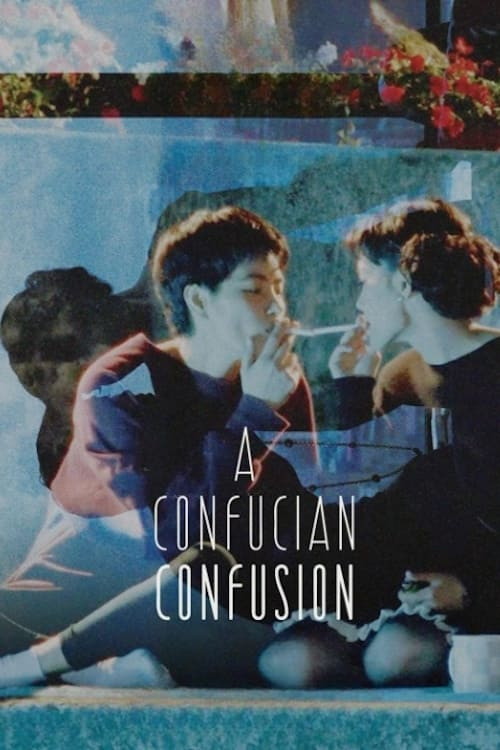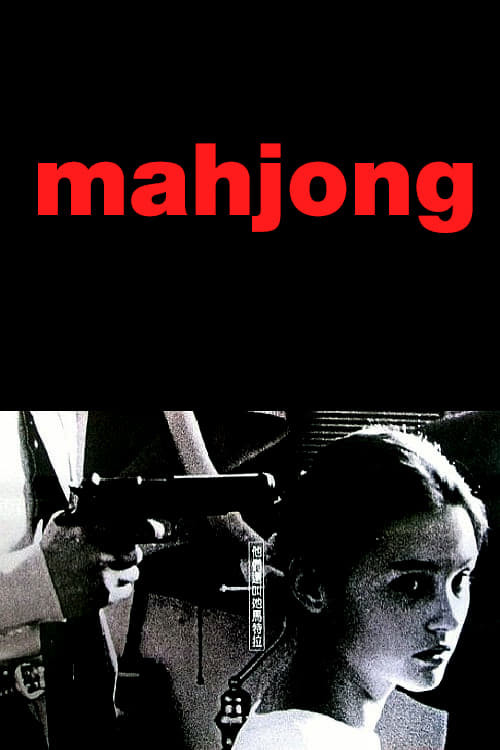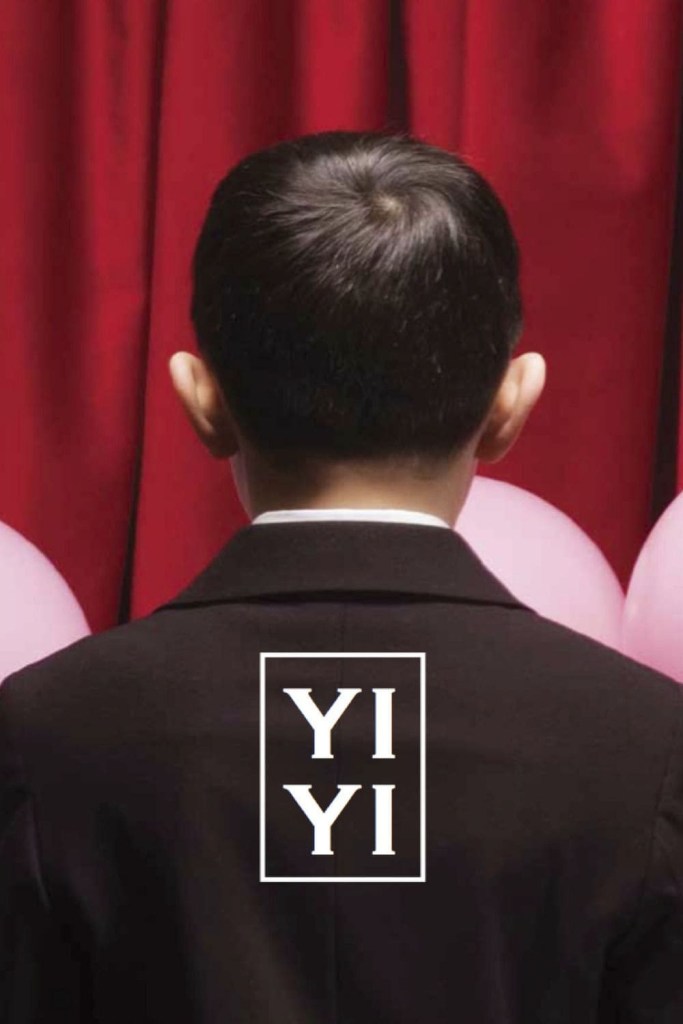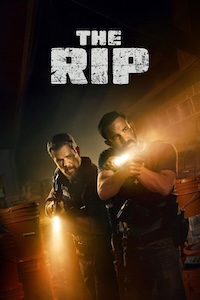
The Rip is one of those straight-to-“video” action films that have thrived in the streaming era. It stars Matt Damon and Ben Affleck as members of a narcotics team who bust up drug houses. Sometimes they find drugs or guns, but usually they find money, so it is a team that is always under suspicion from internal affairs, on the lookout for dirty cops pocketing money. The suspicion is heightened lately too, after one of the team’s own is murdered in what may be an inside job, and the feds have no suspects The day after, the team gets a tip about a drug house where there is $300k on hand, a big haul. When they arrive, they instead find $20 million. Matt and Ben’s characters, the two leads, know they are in serious trouble, from inside and out, because that kind of money will tempt anyone, and the criminals won’t let that kind of money walk out the door without trying to get it back. It leads to these two best friends to start second-guessing each other and everyone in their team. It’s a gritty action film that keeps you on your toes, even if there are a couple too many plot twists; it keeps going “Clue-style” in getting the viewer to suspect one person, and then flipping it on you to suspect someone else. Still, not a bad way to spend a couple hours in mindless gunfights and tension. ★★★
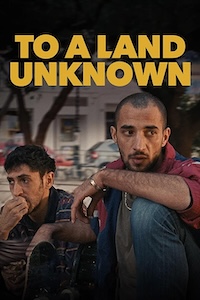
To a Land Unknown is another immigrant movie (lot of those lately) and a rather straight-forward one at that, though it is presented well. Chatila and Reda are two Palestinians who’ve been trying to raise enough money to buy fake passports to Germany; thus far they’ve been stuck in Greece, living in an abandoned warehouse with a bunch of other homeless immigrants. They just about have enough money when Reda relapses to his heroine addiction and blows it all. Chatila wants to say “enough is enough” and go it alone, but he cannot abandon his lifelong friend Reda, who was raised as his brother. Thus, Chatila will do whatever it takes to get them out of Greece together. His first scheme involves helping a solo teen traveler make the trip to Italy, hoping for a payment from the boy’s aunt awaiting him there, but after the trip, Chatila never hears back from them. He then settles on conning other Palestinians out of their voyage money, but this is a much more dangerous proposition, with some violent, powerful men who may not look kindly on Chatila’s machinations. It’s a tense movie, especially in the final act as everything goes wrong and Chatila tries to keep his head above water. Not a complex movie, and the acting is hit-or-miss from a bunch of unknowns, but it is a powerful and timely story. ★★★½

Die My Love is the latest from director Lynne Ramsay, who had a big hit in her first film Ratcatcher (been a long time since I saw it, but I remember it’s powerful story), but who’s failed to match it since. In this one, Jackson (Robert Pattinson) and his pregnant girlfriend Grace (Jennifer Lawrence) move in together to an abandoned old house left to Jackson by his recently deceased uncle. After the baby’s birth, Grace’s behavior grows increasingly erratic, and sometimes violent; she’s definitely high on the Hot-Crazy Matrix. She’ll destroy the bathroom in a fit of rage, or shoot the family dog with a shotgun. Jackson’s mom Pam (Sissy Spacek) tries to comfort Grace by sharing stories of the difficulties new mothers face, with all the stresses and anxieties that come with it, but it doesn’t seem to get through to Grace. Sometimes she’ll have “good days” when things go well and everyone is happy, but most days are a chaotic mess. Jackson tries to save their relationship by marriage, but on their wedding night, Grace makes an advance to a worker at the hotel, crashes her head into a mirror in the bathroom, and then walks home barefoot. Jackson has her committed to a hospital, but that is a short-term fix, and she snaps at a welcome-home party shortly after. This film was a lot like Ramsay’s last, You Were Never Really Here, in that the acting by the lead (Jennifer Lawrence here, Joaquin Phoenix in the other) is absolutely phenomenal and award-worthy, but the movie by itself is just so-so. It is definitely worth watching for Lawrence’s performance, but you probably don’t need to watch it more than once. ★★★
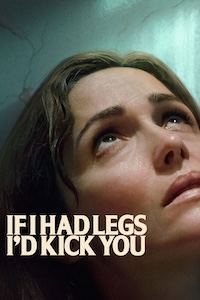
If I Had Legs I’d Kick You is the story of a woman who has no power over where her life is going, despite her best efforts. Linda (Rose Byrne, in a career-defining role) is caring for her young daughter alone, as her husband, a commercial pilot, is off for work for an extended stretch. He picked a bad time to be away, as calamity after calamity keeps hitting Linda right between the eyes. Their daughter has a feeding tube because she’s been refusing to eat, and Linda has been told in no uncertain terms that the girl needs get up to 50 pounds within a couple weeks or the hospital will look at new (very ominous-sounding) measures. Then, the roof of their apartment caves in after a water leak in the apartment above, so Linda and the little girl have to move into a shabby motel while repairs are made. Of course, the hired contractor disappears after a couple days, leaving them in a lurch. At work, where Linda is a therapist, she is bombarded by patient after patient, each with a worse story than the one before, until one even abandons a baby with Linda after a particularly rough therapy session. To top things off, everyone Linda comes in contact with seems to have it out for her, giving her shit left and right. As the movie progresses, she is looking progressively haggard and run-down, as each day brings new challenges that never let up. The movie paints a great portrait of a woman who is expected to balance everything in life but who gets absolutely no help from anyone, but the film also does a good job of not always giving Linda a free pass for her behaviors; sometimes she deserves the ills that come her way (like when she continually leaves her daughter alone in the motel room). Excellent performance by Byrne too. ★★★★
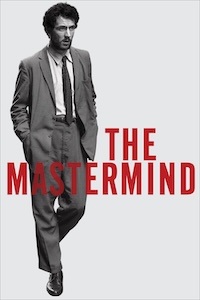
The Mastermind is the latest from critics’ darling indie director Kelly Reichardt, and is “the other” film (with a much smaller budget) that Josh O’Connor did last year, the other being his Rian Johnson smash in the Knives Out series. Taking place in 1970, he plays JB, an unemployed carpenter struggling to find a job. He has an appreciation for art, having studied it a bit in college, and he and his wife and kids frequent the local art museum. One day, he steals a small trinket on display there, and his wife looks the other way as they enjoy their little thrill of “being bad,” but it gives JB the nugget of an idea. He brings in two buddies to his plan to rob the museum of 4 high profile and valuable paintings, but the job goes sideways from the very beginning. One of the friends bails out at the last minute, forcing JB to bring in a newcomer, a two-bit criminal who shows up with a gun. While the heist does go off without (much of a) hitch, the criminal newcomer is nabbed shortly after while trying to rob a bank, and fingers JB as “the mastermind” behind the art heist. Police knock on his door to question him, and it is only his ties to his father, a prominent local judge, that keep them from arresting him on the spot. JB flees immediately, first to some friends out of town, and then on to whatever comes next. The movie has a great jazzy soundtrack that feels like it is moving the plot along even in slower moments of the film, and adds tension to JB’s plight. And despite being a crook, you really root for him, a seemingly good guy just trying to get ahead. Taking place in 1970 against the backdrop of the anti-war efforts and a down economy, there’s a lot of parallels events of the last few years too. ★★★½
